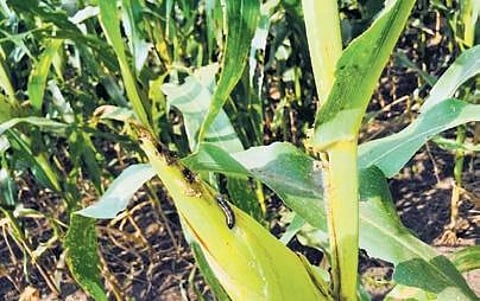

HYDERABAD: The ICAR-Indian Institute of Maize Research (IIMR), Rajendranagar, held an interaction and strategic planning meeting on Thursday to discuss increasing the production of maize for ethanol purposes in the country.
This meeting marked the third gathering organised by ICAR-IIMR, Ludhiana, in collaboration with its partners. The objective was to develop a roadmap for meeting the additional demand for maize to achieve the E20 target.
Approximately 50 participants attended the meeting and shared their ideas on how to fulfil the requirement of 17 million tonnes of additional maize grains.
Maize is a vital global crop, and its production in India has been growing at an annual growth rate (AGR) of 4 per cent, reaching 33.6 million tonnes from a substantial cultivation area of 10 million hectares.
In response to the rising prices of crude oil, the Government of India introduced the ethanol blended petrol (EBP) programme in 2003. Currently, about 10 per cent (E10) of the blending target is achieved through sugarcane and broken rice.
The success of the ethanol blending programme prompted the government to advance the deadline for nationwide implementation of E20 to 2025-26 from 2030. By 2025-26, there is a requirement for nearly 14 billion litres of bioethanol, with 50 per cent of it expected to be derived from maize, necessitating an additional 17 million tonnes of maize grains.
Key points that emerged from the interaction meeting include the urgent need to increase rainfed maize productivity to at least 5 tonnes per hectare, expand maize cultivation in rabi fallow areas, intensify maize-based cropping systems, develop climate-resilient high-starch maize varieties, bridge the yield gap through agronomic interventions, establish maize catchment areas near distilleries, and refine distillation technologies to reduce production costs. The meeting was chaired by Dr SK Pradhan, ADG (FFC) from ICAR Headquarters, and co-chaired by Dr HS Jat, director of ICAR-IIMR, Ludhiana.
By 2025-26, there is a requirement for nearly 14 billion litres of bioethanol, with 50 per cent of it expected to be derived from maize, necessitating an additional 17 million tonnes of maize grains